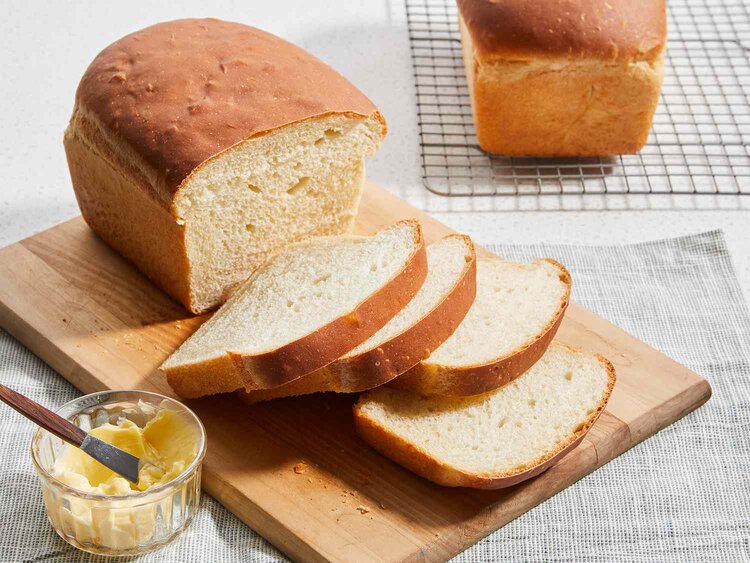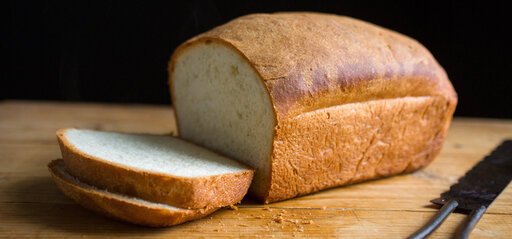Bread is a staple food in many cultures and is consumed in various forms and flavors worldwide. White bread is one of the most common types of bread available and is widely consumed due to its soft texture and mild taste. However, many people are concerned about the nutritional value of white bread, especially the calorie content. In this article, we will discuss the calories, protein, fat, and carbohydrate content of one slice of white bread.
Calories in One Slice of White Bread

The calorie content of one slice of white bread varies depending on the brand and type of bread. However, on average, one slice of white bread contains approximately 70-80 calories. This means that if you consume two slices of white bread in a sandwich, you would be consuming around 140-160 calories from bread alone.
Nutritional Breakdown of a Slice of White Bread
Apart from calories, it's essential to consider the nutritional value of bread. One slice of white bread contains not only calories but also protein, fat, and carbohydrates.
Protein in One Slice of White Bread
Protein is an essential nutrient required for building and repairing tissues in the body. A average slice of white bread provides about 2 grams of protein. While this may seem like a small amount, it can contribute to your daily protein intake.
Fat in One Slice of White Bread
Fat is another macronutrient found in bread. One slice of white bread typically contains around 1 gram of fat, which is a relatively small amount. However, some brands of bread may contain more significant amounts of fat due to added ingredients like butter or oils.
Carbohydrates in One Slice of White Bread

Carbohydrates are the primary source of energy for the body. One slice of white bread typically contains around 14 grams of carbohydrates. However, it's important to note that not all carbohydrates are created equal, and some types of bread may contain more refined carbohydrates, which can lead to a spike in blood sugar levels.
Is White Bread Good For You
White bread can be a part of a healthy diet when consumed in moderation and as part of a balanced diet that includes other nutrient-dense foods. However, it is important to note that white bread may not be the healthiest option for everyone and may not provide the same nutritional benefits as whole grain bread.
White bread is made from refined flour, which means that it has been stripped of its outermost layer or bran and germ, which contains many essential nutrients like fiber, vitamins, and minerals. This means that white bread may be lower in nutrients than whole grain bread, which is made from whole grains that include the bran, germ, and endosperm.
White Bread Bad For You
Additionally, white bread may have a higher glycemic index than whole grain bread, which means that it can cause a more significant spike in blood sugar levels. This can be problematic for people with diabetes or those trying to manage their blood sugar levels.
White bread can be a convenient and tasty option, it is important to consume it in moderation and consider incorporating more nutrient-dense whole grain bread into your diet for added health benefits.
One slice of white bread contains approximately 70-80 calories, 2 grams of protein, 1 gram of fat, and 14 grams of carbohydrates. While white bread can be a convenient and tasty option, it's essential to consume it in moderation and pair it with other nutrient-dense foods to create a balanced diet.